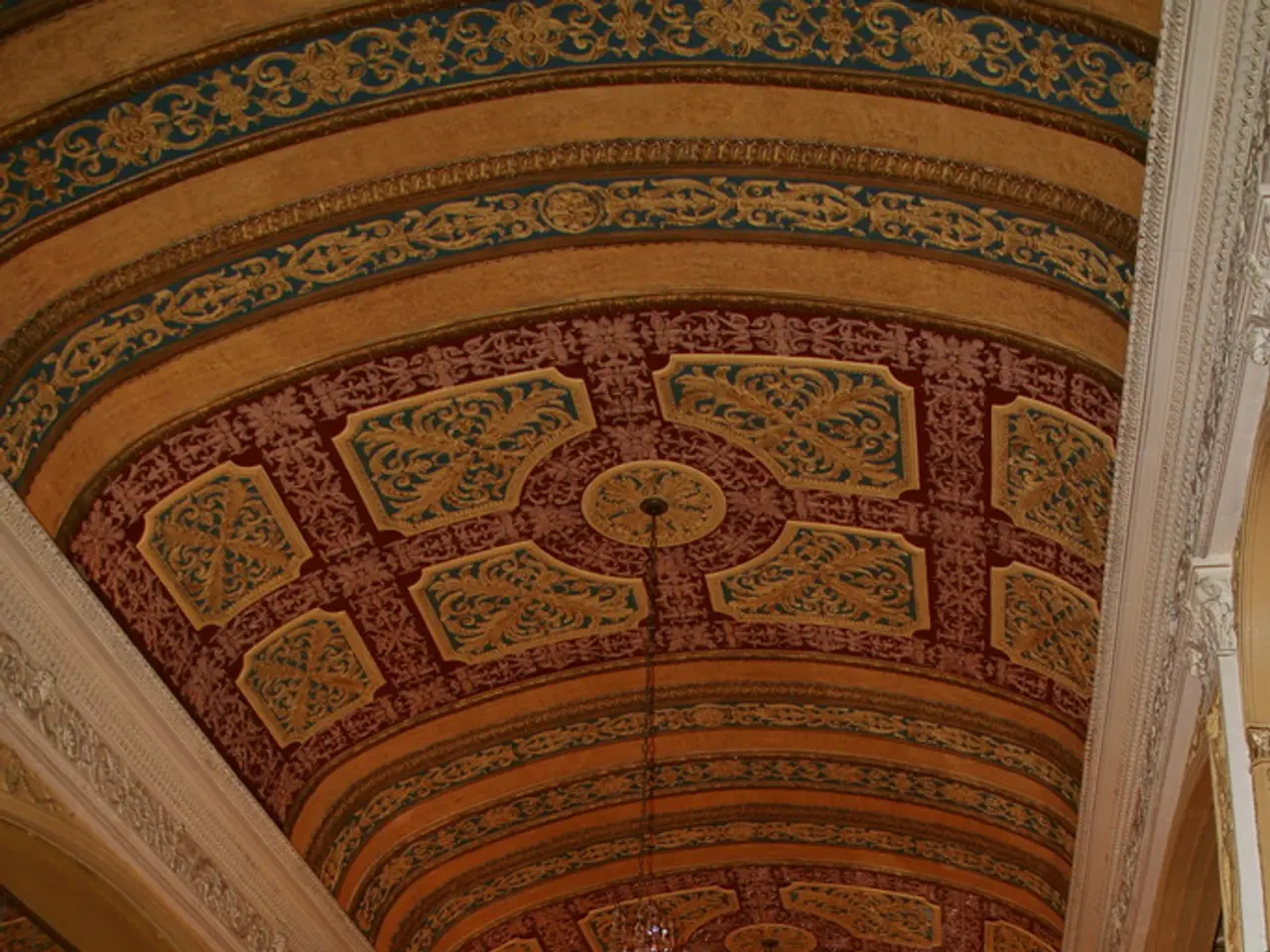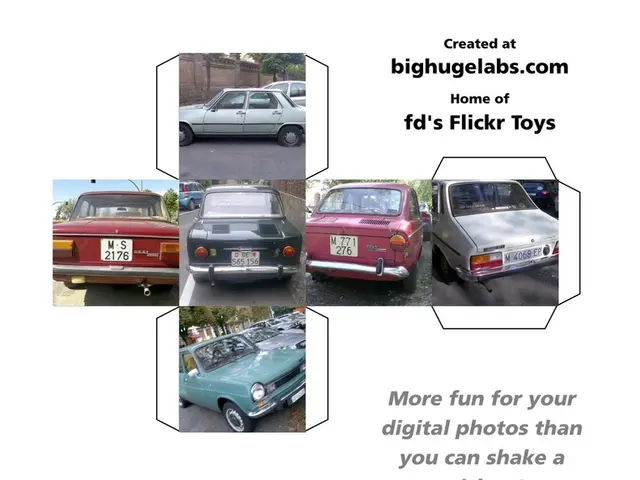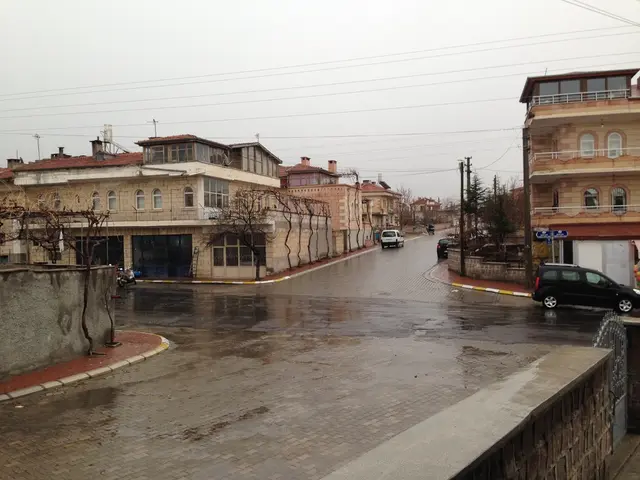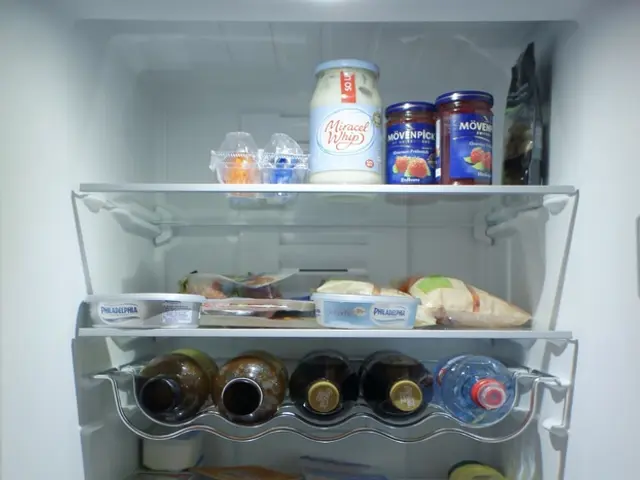Powering Africa Grassroots-Style: Can Long-Term Investment Spur Transformation?
In the realm of renewable energy, a significant shift is underway in Africa. The French multinational energy company, Engie, has recently acquired Mobisol, a pioneering startup that specialized in off-grid solar solutions for African households and businesses. This move is expected to further the original promise of Mobisol: to provide power to all Africans using private sector strategies.
Engie, with its subsidiaries active across Africa, such as Engie Energy Access, Fenix International, and mini-grid developer PowerCorner, has been a key player in the continent's energy landscape. Engie Energy Access focuses on off-grid solar solutions and energy services, operating in several African countries.
Around 2013, several start-ups, including Mobisol, began selling solar systems to rural Africans. The solar systems delivered by Mobisol were simple enough for homeowners to assemble within an hour, making them accessible to a wide audience. However, many start-ups faced challenges such as delinquent payments, high fixed costs, liquidity logjams, and mismanagement by 2017. Mobisol, despite its pioneering spirit, declared insolvency in a German court in April 2019.
Maxime Marion of Engie states that it wasn't Mobisol's original vision that was faulty but rather its implementation and choice of financiers. Many African customers struggled with down payments, even as small as €65, due to low income levels. To address this issue, Mobisol's basic solar kit, including a rooftop solar system and a television, was sold on lay-away plans for approximately €850. The repayment plan for the solar kit was €20 a month for three years, which was less expensive than the cost of kerosene, batteries, or diesel for off-grid Africans.
Engie's approach is not about pushing energy products but rather providing energy access to customers in Africa. Fenix International, another Engie subsidiary, offers a lease-to-own solar system, called ReadyPay Power, with a capacity ranging from 10W to 50W and a price as low as €185. Once the Fenix International solar system is paid off in 12 to 30 months, the customer owns it. The monthly installments for this solar system are made via cell phone or mobile money, making it convenient for users.
The entry of Engie into the market is expected to bring 'patient capital' to the sector, allowing companies to take a longer view. Toby Couture of E3 Analytics believes that consumer financing of distributed solar still has a bright future in Africa, as access to finance is a game-changer. Solar technology-based electricity is a promising option for rural areas in many African countries, and Engie aims to offer a range of solar systems to meet various customer needs.
In addition to this, former Mobisol partners Gottschalk and Duveau founded the Access to Energy Institute, a non-profit think tank, with a focus on helping small African businesses develop using solar-powered machines and appliances. This institute aims to continue the work started by Mobisol, ensuring that the promise of renewable energy reaches every corner of Africa.
In conclusion, Engie's acquisition of Mobisol marks a significant step forward in the mission to provide sustainable energy solutions to Africans. With its focus on energy access and patient capital, Engie is poised to make a lasting impact on the continent's energy landscape.
Read also:
- Reporter of Silenced Torment or Individual Recording Suppressed Agony
- Musk announces intention to sue Apple for overlooking X and Grok in the top app listings
- Portugal's EDP dives into bi-directional charging systems, disregarding the absence of a comprehensive regulatory structure in the nation
- Cybertruck's Disappointing Setback, Musk's New Policy, Mega-Pack Triumphs, Model Y's Anticipated Upgrade Prior to Refresh (Week of January 25 for Tesla)








